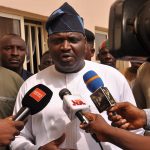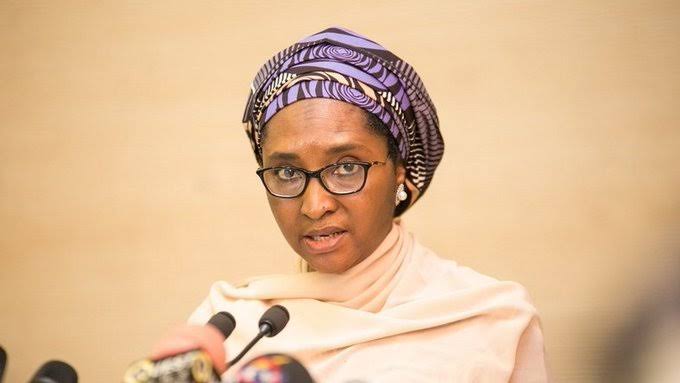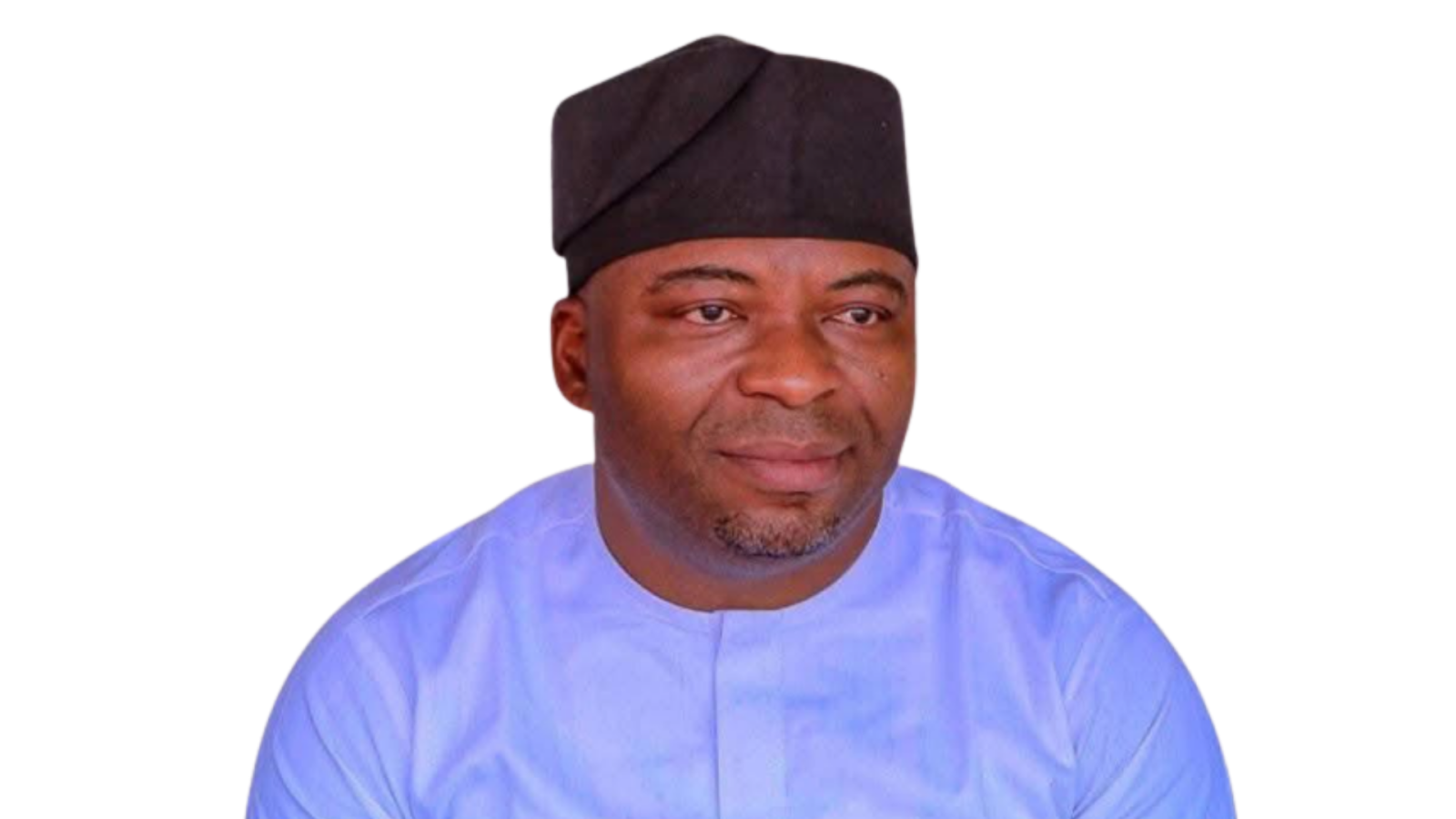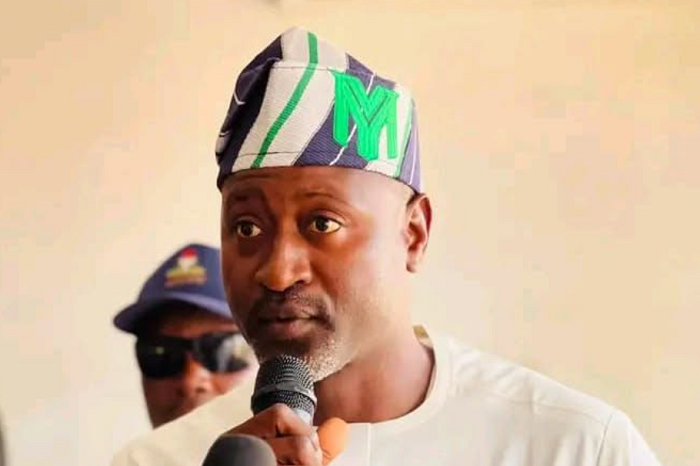By Ajuma Edwina Ameh
In apparent reaction to criticisms trailing the humongous Nigeria’s debt profile of N35 trillion, Finance and National Planning Minister Zainab Ahmed says the Federal Government will continue to borrow to fund projects following shortfall in its revenues.
This is coming after the federal government declared its plan to do more borrowings to finance the N6.258 trillion deficit in the proposed 2022 budget.
The minister who said this at the end of the Federal Executive Council (FEC) meeting, in Abuja, on Wednesday, noted that the nation’s revenues could barely accommodate services.
Ahmed said in spite of concerns in some quarters, “the total size of borrowing is still within healthy and sustainable limits”.
“If we just depend on the revenues that we get; even though our revenues have increased, the operational expenditure of government, including salaries and other overheads, is barely covered or swallowed up by the revenue.
“Government has been borrowing before this administration and continues to borrow, and it is important that we borrow to provide developmental projects in the form of roads, rails, bridges, power and water for sustainable development in this country.
“So, we need to borrow to be able to build these projects that will ensure that we’re able to develop on a sustainable basis,” the finance minister explained.
“Nigeria’s borrowing, has been of great concern and has elicited a lot of discussions. But if you look at the total size of the borrowing, it is still within healthy and sustainable limits. As at July 2021, the total borrowing is 23% of GDP.
“When you compare our borrowing to other countries, we’re the lowest within the region, lowest compared to Egypt, South Africa, Brazil, Mexico and Angola.”
According to the finance minister, revenues and expenditures have been increasing, making it difficult for government to cope with funding.
ALSO READ: Nigeria “Cannot Borrow Anymore”, Says Finance Minister
“We do have a problem of revenue. Our revenues have been increasing. We just reported to Council that our revenues from non-oil has performed as at July; the rate was 111%, which means outperforming the prorated budget.
“Our expenditure, especially staff emoluments have been increasing at a very fast rate, making it difficult to cope with funding.
“So, what we have to do is a combination of cutting down our cost, as well as increasing revenue to be able to cope with all that is required for government to do, including salaries, pensions debt service, as well as capital expenditure,” she said.
























Leave a comment